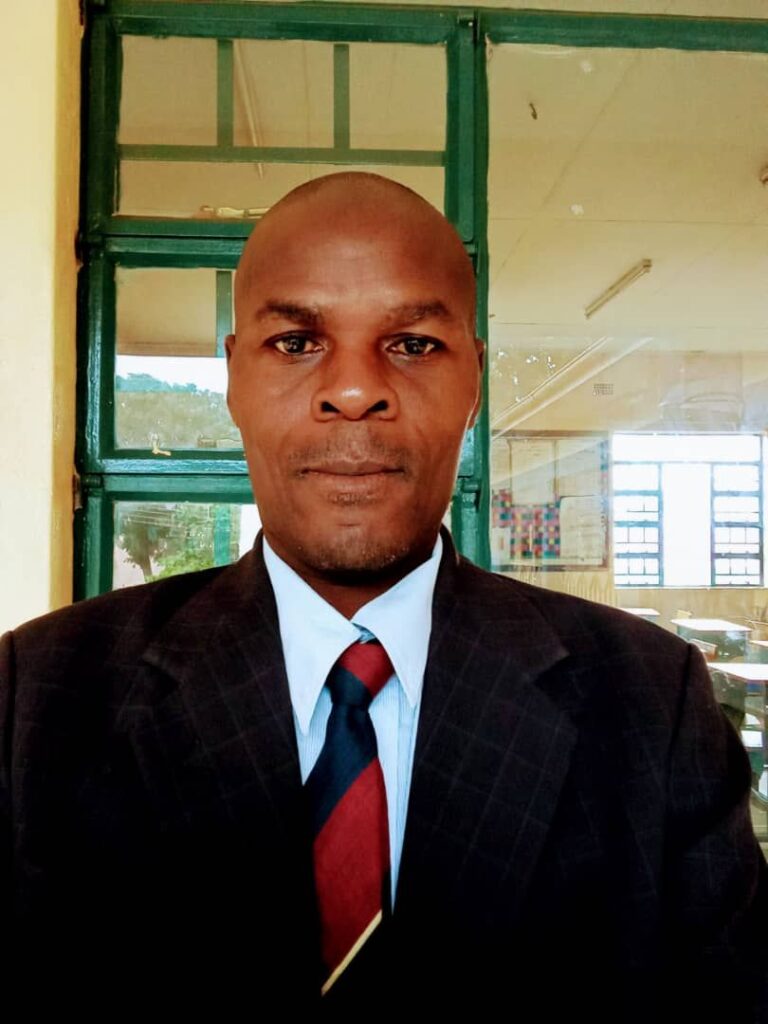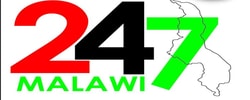By Rick Dzida
Rick Dzida: Burnett Munthali, thank you for joining me for this exclusive interview. It’s been a highly anticipated conversation due to the interest from your followers. I’m excited to delve deeper into your views and experiences. Feel free to share your insights on any questions I pose.
Burnett Munthali: Thank you, Rick, for having me. I’m truly honored by the interest shown by my followers and I’m happy to provide my perspective on the topics you’ve raised. Let’s dive in!
1. Can you introduce yourself to our audience?
Burnett Munthali: I’m a Malawian political analyst, writer, and educator, contributing to various platforms such as Maravi Post, Malawi24, and 247 Malawi. I focus on a wide array of topics, including politics, governance, legal affairs, and culture. Beyond my writing, I’m passionate about education and leadership development, having worked on class leadership appointments. I also have a strong interest in Malawian art, sports, and autobiographical writing, which reflects my diverse set of passions.
2. Can you elaborate on your educational journey?
Burnett Munthali: My educational background spans across multiple fields. I began my education at Jumble Primary School and Nyimba Secondary School in Zambia. Over time, I developed an interest in law, politics, and journalism, which led me to study constitutional and criminal law, political education, and journalism. Eventually, I moved to Malawi where I graduated with distinction in education. This blend of disciplines supports my broader goal of contributing to intellectual growth and community development.
3. You’re known for producing articles quickly. What helps you maintain such efficiency?
Burnett Munthali: A significant factor in my speed is my Lenovo tablet, which has a 64GB capacity and advanced features. I rely on technology such as swipe typing and voice recognition to make the process quicker and more efficient. This allows me to maintain high standards of writing, even under tight deadlines.

4. What is your stance on political affiliations?
Burnett Munthali: I take a neutral position and remain unaffiliated with any political party. My role as a political analyst is to provide objective, well-rounded analyses on political events in Malawi and abroad. This impartiality allows me to critically evaluate developments from all sides of the political spectrum.
5. How do you assess the current political situation in Malawi?
Burnett Munthali: The political landscape in Malawi is at a crossroads. As we approach the 2025 elections, there are significant challenges for the Tonse Alliance, which brought President Lazarus Chakwera to power. Unfulfilled campaign promises, economic difficulties, and governance concerns have led to growing public discontent. The opposition, particularly the DPP, is attempting to capitalize on these issues, but internal divisions among parties like the DPP and UTM might undermine their effectiveness. Despite these challenges, the judiciary remains a pillar of hope, maintaining independence and offering prospects for fair elections. The public’s demand for accountability and development is growing louder.
6. What are your thoughts on the Commission of Inquiry’s findings regarding the late Vice President Saulos Chilima’s death?
Burnett Munthali: The inquiry into Saulos Chilima’s death has raised more questions than answers. There is a lack of clarity, which has led to widespread speculation about potential foul play or negligence. This case highlights the importance of transparency and accountability in governance. The ambiguity surrounding Chilima’s death also reflects broader political and societal challenges Malawi continues to face.
7. How would you evaluate the role of the Malawi National Assembly?
Burnett Munthali: The Malawi National Assembly plays an important role, particularly in passing legislation and holding the executive accountable. However, partisanship, resource mismanagement, and disconnects with the electorate often undermine its ability to fully represent the public. Though it has the potential to be a strong voice for the people, the Assembly’s performance is hindered by systemic issues, leaving many citizens feeling alienated.
8. Is the Anti-Corruption Bureau (ACB) effectively tackling corruption in Malawi?
Burnett Munthali: The ACB has made progress in investigating corruption cases, particularly high-profile ones. However, its effectiveness is limited by political interference, resource constraints, and slow prosecutions. Many Malawians are frustrated by the persistence of corruption, and there’s a need to strengthen the ACB’s independence and capacity for greater impact.
9. How would you assess the performance of the Malawi Judicial Service?
Burnett Munthali: The Malawi Judicial Service has made strides in addressing case backlogs and improving the justice system. However, challenges remain, such as delays, resource shortages, and allegations of corruption, including bribery and political influence. These issues have eroded public trust in the judiciary’s ability to deliver fair and impartial justice. While progress has been made, there is still much to be done.
10. Who do you think will win the 2025 presidential election?
Burnett Munthali: Based on the current dynamics, I believe Professor Arthur Peter Mutharika and the DPP could have an edge in the 2025 elections. The Tonse Alliance, led by President Chakwera, has struggled to deliver on key promises and address rising economic concerns. This, combined with the government’s mismanagement of key issues, has led to growing public frustration. In contrast, Mutharika and the DPP could present themselves as a stable alternative, capitalizing on the dissatisfaction with the current administration.
11. Do you have any aspirations of running for political office in 2025?
Burnett Munthali: While I’m deeply involved in political analysis, I do not have aspirations of running for office. I believe my role as an analyst allows me to shape public discourse in meaningful ways. I’m also exploring business ventures, which I find exciting. I hope to make a difference in that space as well.
Rick Dzida: Burnett, thank you for your time and insights today. It’s been a pleasure having this conversation with you.
Burnett Munthali: Thank you, Rick! It’s been a pleasure sharing my thoughts. I hope the discussion helps spark further engagement and reflection among the readers. Let’s continue working together toward a better future for Malawi.










